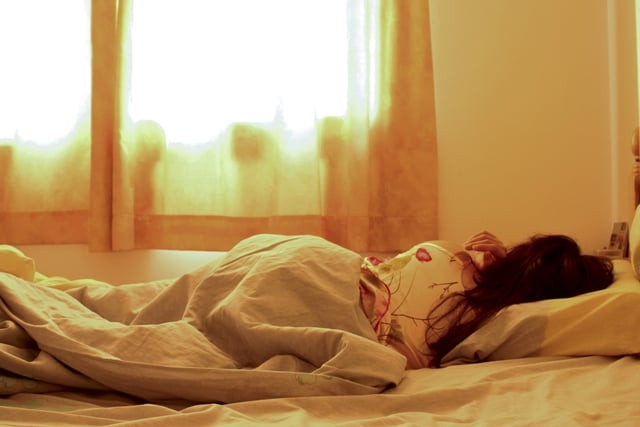The night before a big game
Sleep is not just an important pre-game factor, but also helps with recovery, post training and games.

Sleep is not just an important pre-game factor, but also helps with recovery, post training and games.
Athletes are known for superstitions. They have rituals that they follow in preparation of a big game. From Michael Jordan to Serena Williams, superstitions vary from wearing a lucky pair of socks to tying shoelaces a certain way. What is the one thing that can actually help you win that most players neglect?
Sleep! The quality and quantity of sleep can make or break a performance and be the deciding factor in the outcome of an important game.
James B Maas, co-author of Sleep to Win! has said, “Sleep is food for the brain, sleep is fuel for exercise. Sleep is simply not valued in our 24/7 society. We treat it as a luxury and it’s a necessity. If you sleep longer and better, you can be a better athlete overnight.” The book provides the research that proves this to be true. In fact, Maas has found that if teams are training twice a day, giving up the morning session in favour of extra sleep is actually better for athletes. This is because sleep is good for muscle memory. What you learn in training, your muscles record and remember during your sleep, especially in the seventh hour of sleep.
Sleep is not just an important pre-game factor, but also helps with recovery, post training and games. Olympic gold-winning swimmer Michael Phelps has said, “Sleep is also a big part of my recovery. It’s really important that my body gets enough rest, so that I’m ready to go for my next race or training session.” In fact, Michael J Breus, PhD, who is known as the ‘Sleep Doctor’, has gone so far as to call sleep a performance-enhancing “wonder drug” and “sports’ secret weapon.”
He singles out three factors that show why sleep is connected to better athletic performance: the first two are muscle memory and recovery, which have already been mentioned; the third is that sleep also reduces stress. Everyone, be it an athlete or not, goes through stress that they wish to cope with.
Getting an additional hour of sleep is admittedly a challenge that involves a tailor-made approach for each individual. However, improving the quality of the limited sleep you get is in your hands. How old is your mattress or pillow? Research suggests that mattresses must be changed every five to 10 years depending on their quality, or if lumps and wear and tear appear on it.
If you are waking up with aches and pain, that’s also a sign that you need to change your mattress. The expiration date on pillows varies, but the longer you go without changing them, the more likely it is that the pillow has accumulated dust mites and other microorganisms that cause allergy and asthma. In fact, according to Dr Arthur Tucker of the London NHS Trust, up to one third of the weight of your pillow could be covered in bugs, dead skin, dust mites and their faeces.
Changing your pillow cover isn’t enough to get rid of all the bugs that could be in your pillow — you may have to replace it. While you’re in the market for a new pillow, you should also consider its firmness. If your pillow is too soft or too hard, it could hamper sleep. Master Molty Memory Neck Pillow is a great choice for preventing neck and spinal cramps, as the material moulds itself to the natural curve of the individual’s head and neck, providing comfort as well as support. As James Maas said, it is not a luxury, but a necessity to get good sleep and that starts with getting the best mattress and pillow that technology has to offer. ***
Published in The Express Tribune, May 1st, 2014.
Like Life & Style on Facebook, follow @ETLifeandStyle on Twitter for the latest in fashion, gossip and entertainment.



















COMMENTS
Comments are moderated and generally will be posted if they are on-topic and not abusive.
For more information, please see our Comments FAQ